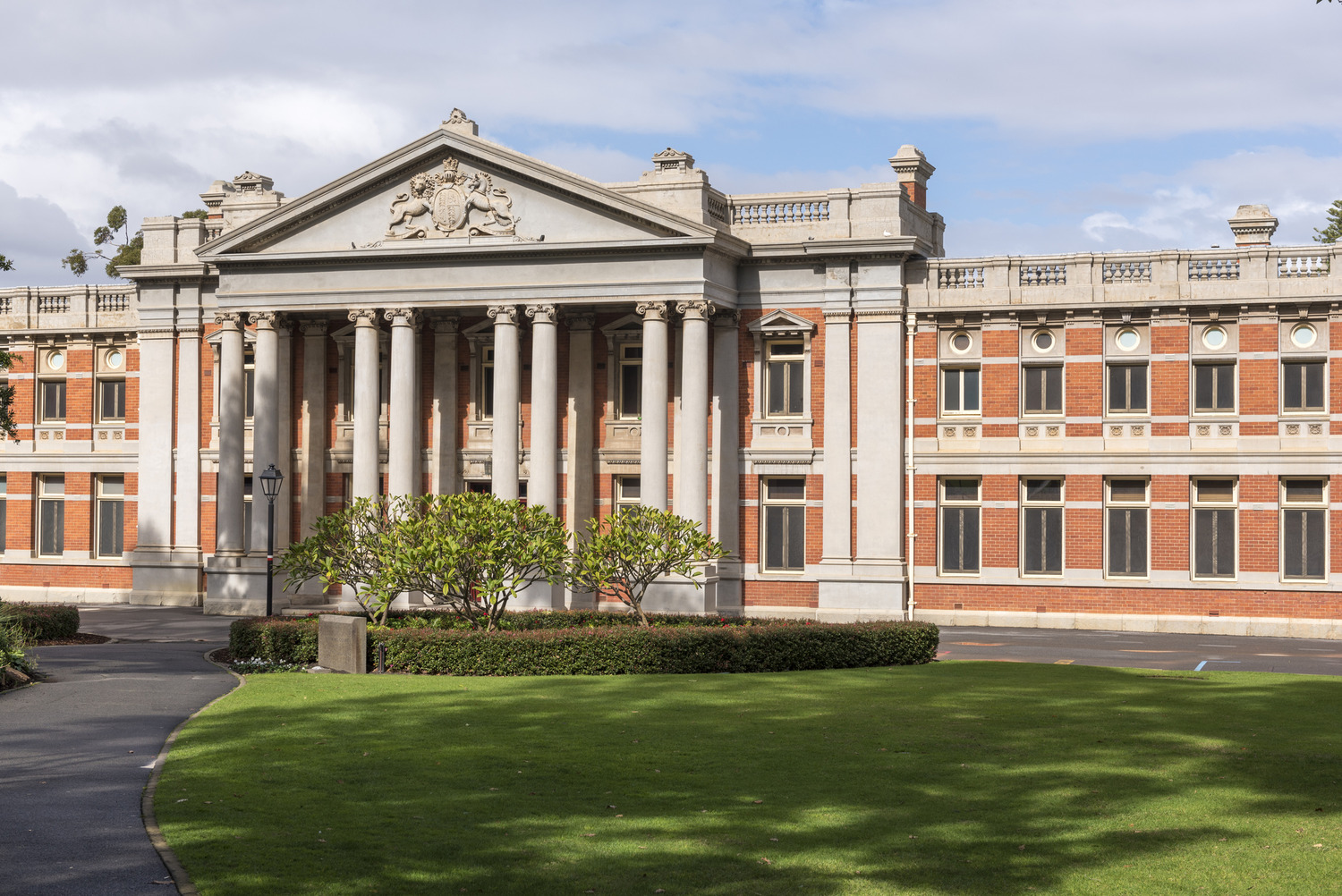
A GP jailed for prescribing insulin to help a mother attempt to kill her vulnerable six-year-old daughter has been banned from the medical register for at least 20 years.
Former Albany GP Dr Pieter Austin pleaded guilty to attempted murder in 2022 and was sentenced to five years and six months in prison.
The decision to disqualify his registration and ban him from the medical register was made as part of State Administrative Tribunal proceedings, with the outcome delivered in early October.
Dr Austin’s misconduct centred on a series of actions and omissions related to a six-year-old patient and her mother in a misguided attempted to help the family.
The young girl had a reduced life expectancy from living with Aicardi‑Goutiéres syndrome, an inherited disorder that causes severe mental and physical disability.
The girl’s mother had spoken to Dr Austin about which drugs could be used to end her life. She informed him that she had previously attempted to smother the child to death and requested help to end her daughter’s life.
Having initially refused the request and suggested counselling, over time Dr Austin recommended and prescribed insulin to the mother. The GP saw his actions as a way of helping the family, court documents revealed.
He issued prescriptions for the drug on two occasions, the first in 2021 and again in 2022, knowing there was no medical requirement for the patient or her family to have insulin, and that the patient’s mother intended to inject the insulin into her daughter.
While the patient’s mother did inject the drug into her daughter, another family member intervened and sought medical assistance, avoiding a fatal outcome.
The doctor was found to have failed to maintain adequate clinical records by not documenting the 2021 prescription and by deleting details of the 2022 prescription from computer records, constituting an attempt to conceal the prescription.
His failure to contact clinicians at Perth Children’s Hospital to provide details of the insulin administration, which was vital for the assessment and treatment of the patient’s condition, was noted.
In handing down the sentence the judge acknowledged the GPs actions were a “wholly misguided” attempt to help the patient and her family.
In 2023, Dr Austin appealed jail sentence arguing it was “manifestly excessive”.
The core of his appeal was the contention that the sentencing judge erred by not giving sufficient weight to the evidence of a psychiatrist who argued there was a causal link between Dr Austin’s severe depression and his impaired judgment and criminal actions.
At the time Dr Austin was self-prescribing anti-depressants, but court documents suggest his dosage and compliance with the medication was “inconsistent”.
Court documents outlined how work pressures may have contributed to his illness.
“By 2021, he was seeing 50 to 60 patients per day and was working 15 to 18 hours per day.
“The appellant experienced mounting pressure as he tried to assist everyone, which resulted in increasing anxiety, poor sleep, ruminations and fatigue,” the court heard.
The Western Australian Court of Appeal ultimately dismissed the appeal.
While the judges acknowledged arguments relating to procedural fairness in the handling of the psychiatrist’s evidence, they unanimously found that the expert evidence did not diminish Dr Austin’s moral culpability enough to justify a lesser sentence.
The Court maintained the severe criminality of an experienced doctor intentionally prescribing a potentially fatal drug to a child, while also failing to properly address his own mental health issues, counterbalanced any mitigating factors.
This month, the State Administrative Tribunal found he had breached multiple sections of the profession’s Code of Conduct.
The Medical Board alleged that there was proper cause for disciplinary action against Dr Austin under the Health Practitioner Regulation National Law (WA) and the Tribunal was satisfied that proper cause existed, leading to a finding of professional misconduct.
Dr Austin had his registration cancelled and was disqualified from applying for registration for a period of 20 years. He is prohibited from providing any health service and from using the title ‘doctor’ until a time he is re-registered.
He was also ordered to pay the Medical Board’s costs of $3000.
More information:
State Administrative Tribunal findings.
Court of Appeal documents.
Want more news, clinicals, features and guest columns delivered straight to you? Subscribe for free to WA’s only independent magazine for medical practitioners.
Want to submit an article? Email editor@mforum.com.au

